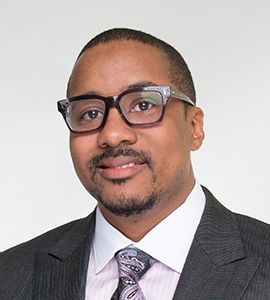Regardless of whether you support the outcome of the November 6 election, every American can take pride in being a part of a democratic society ‘of the people, by the people’. I am often asked by physicians of different organizations how this spirit transcends from politics to our democratic practice model and what it is like to be part of a large democratic physician group.
My democratic physician group is analogous to a representative democracy, with an elected board selected by the Partners, who appoint an executive who is accountable to the group. Most important to our practice model is that each partner is an owner of the organization and has a vote. The partners’ votes determine the direction taken by the group. This is in contrast to a publically owned or private equity company, where investors hire leaders who unilaterally determine the direction of the organization.
Transparency is the measure of a democratic partnership. The executives must integrate cultural and philosophical values of the Partners into clear operational and fiscal decisions. This ensures communication of decisions to the Board and the Partners.
Our country could not afford to have governance as flat as ours; imagine if any US citizen could just call the President at any time! But that is exactly what happens in a democratic physician group where the CEO, President, or VP’s can expect to receive calls and emails at any time by any of the Partners. While this can be a challenge, it also opens up the opportunity to educate and facilitate communication. For example, I often see sites contacting each other and to ask, “What are you doing at your site?”
In a public and private equity company, the growth strategy typically relies on the absence of communication. Physicians are typically completely unaware of the value they are creating. In our democratic physician group, physicians know the revenue that they generated and what that means to our partner hospitals. We have a clear sense that we are working for ourselves. The money we generate is reinvested in the group. It is like renting versus owning a car: when we rent a car, we run the engine hard, slam on the breaks, and rarely clean it up. However, when we own it ourselves, we are more likely to take care of it, change the oil, and even develop a sentimental attachment to it.
This commitment to the group directly translates to patient benefits. Doctors from democratic groups stick around. A bond develops between docs and the community. We hear stories all of the time about colleagues staying at the same location for over 20 years, a longevity seen as “weird” in today’s healthcare landscape. Because our doctors have that sense of ownership and reward in their practice, we tend to recruit the best and brightest regardless of the location.
With all the changes in healthcare brought on by the Affordable Care Act, it helps to have a group of physicians who are motivated by an understanding of their value and productivity, who can communicate with each other to exchange ideas, who stay in one place for long periods of time, and who have a great deal of pride in their organization.






















